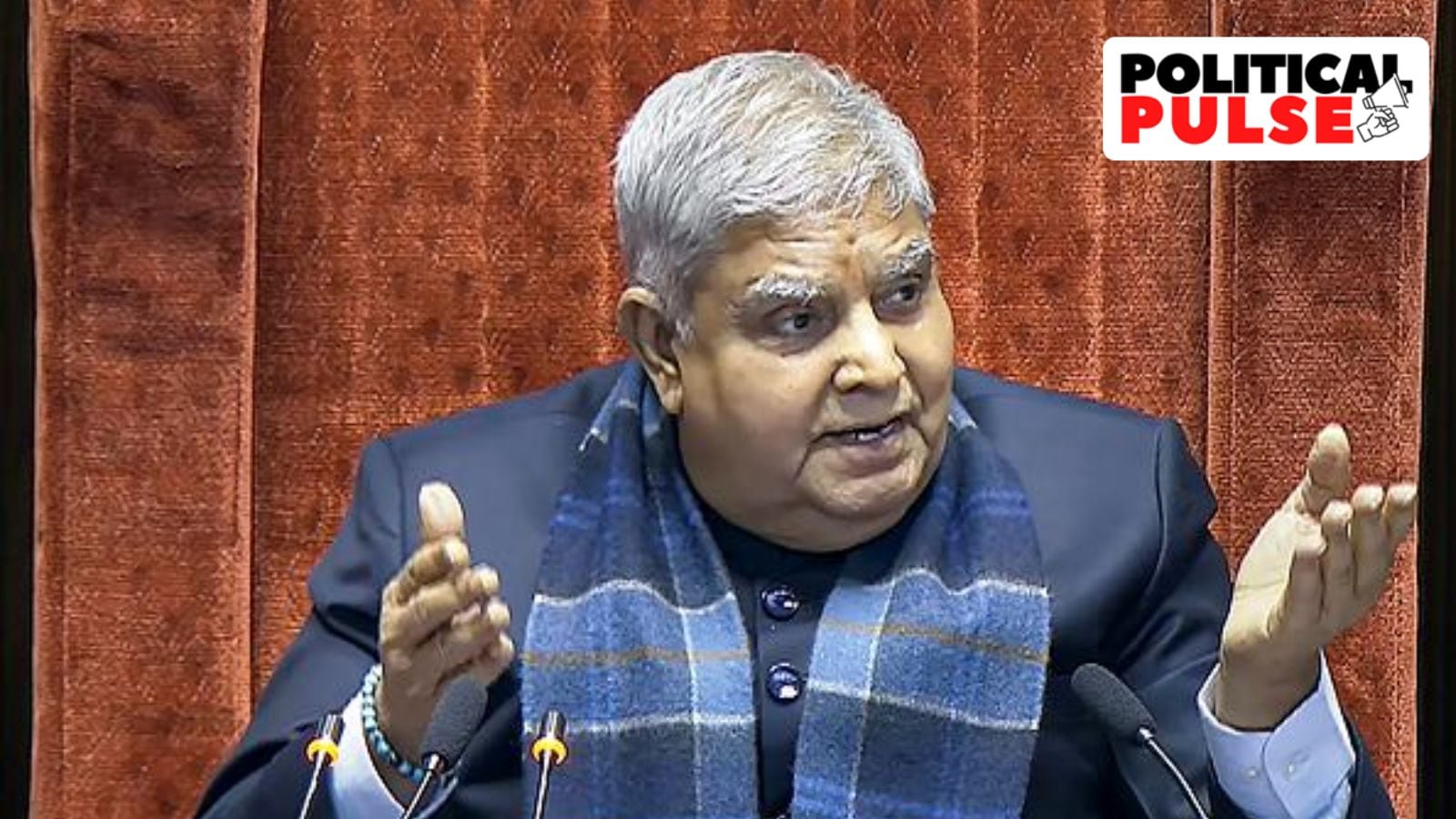 |
|
The Indian political landscape is currently witnessing a significant development with the filing of a no-confidence motion against Vice President Jagdeep Dhankhar by the Opposition INDIA bloc MPs. This action, stemming from concerns regarding Dhankhar's perceived impartiality and conduct in the Rajya Sabha, highlights a growing rift between the ruling government and the opposition forces. The two-page notice submitted by the MPs details specific instances where Dhankhar's actions and statements are deemed to be partisan, thereby undermining the neutrality expected from the presiding officer of the Upper House of Parliament. The core of the opposition's argument rests on the assertion that Dhankhar has consistently favored the government's agenda, acting more as a spokesperson for the ruling party than as an impartial arbiter of parliamentary proceedings. This perception is further fueled by Dhankhar's public statements, which, according to the opposition, demonstrate a clear bias and a lack of commitment to the principles of non-partisanship that should govern his role.
A particularly contentious point cited in the notice is Dhankhar's July 2nd remarks in the Rajya Sabha, where he revealed his past association with the RSS, stating that he became 'the Eklavya of the RSS' some 25 years ago. The opposition views this disclosure as highly inappropriate and unbecoming of the non-partisan nature of his position. They argue that such a declaration, made from the chair of the Rajya Sabha, implicitly endorses a particular ideology and undermines the confidence of members from opposing political viewpoints. This incident, coupled with other instances where Dhankhar's conduct is described as 'extremely biased' and 'explicitly partisan,' serves as the foundation for the no-confidence motion. The opposition contends that Dhankhar's actions have created an uneven playing field within the Rajya Sabha, hindering their ability to effectively voice their concerns and challenge government policies.
The implications of this no-confidence motion are far-reaching. It signifies a deep-seated distrust between the ruling party and the opposition, raising serious questions about the integrity and fairness of parliamentary procedures. The outcome of the motion will not only determine Dhankhar's continued tenure as Vice President but will also have a significant impact on the overall political climate in India. It will serve as a crucial test of the government's ability to navigate political dissent and uphold the principles of democratic governance. The debate surrounding this motion will undoubtedly be a focal point of political discourse in the coming weeks, exposing underlying power dynamics and ideological differences within the Indian Parliament. The debate will be a platform for both sides to articulate their viewpoints, potentially leading to greater scrutiny of the role and responsibilities of the Vice President in the Indian political system.
Furthermore, the filing of this motion could have broader consequences for the functioning of the Rajya Sabha and the legislative process as a whole. If successful, it could set a precedent for future challenges against individuals holding high constitutional offices. It could also lead to a re-evaluation of the criteria for appointing individuals to such positions, with a greater emphasis on ensuring their impartiality and commitment to democratic values. The political ramifications extend beyond the immediate outcome of the motion. It is a powerful symbol of the opposition's determination to challenge what they perceive as an erosion of democratic norms and practices. The motion represents a significant moment of political tension, underscoring the complex dynamics and power struggles inherent in a vibrant democracy like India's. Analyzing the arguments presented by both sides, the specifics of Dhankhar’s actions, and the ultimate outcome of the motion will provide invaluable insights into the state of Indian democracy and the balance of power within its parliamentary system.
Source: No-trust motion against V-P Dhankhar accuses him of speaking for govt, silencing Opposition
